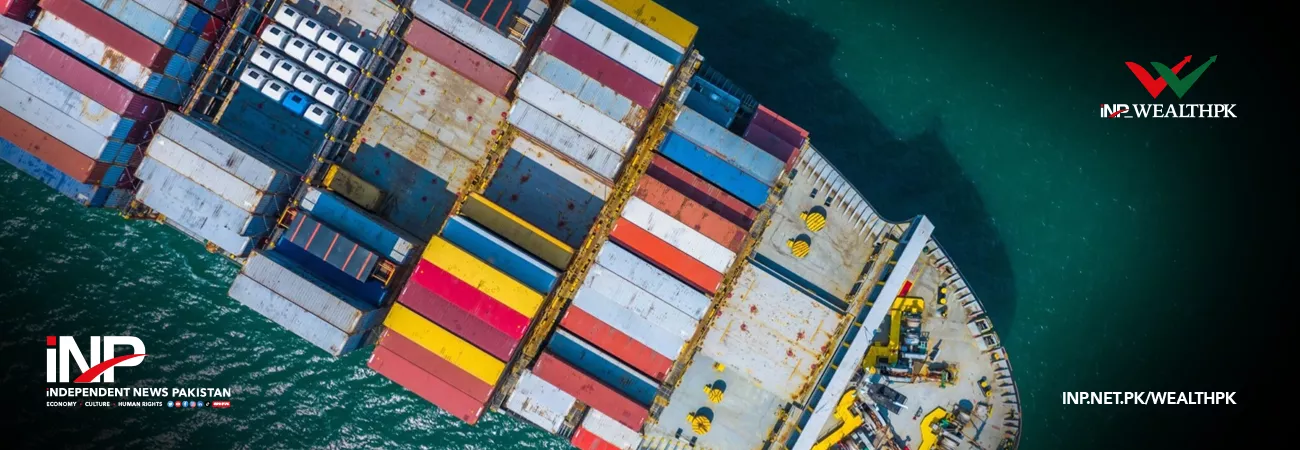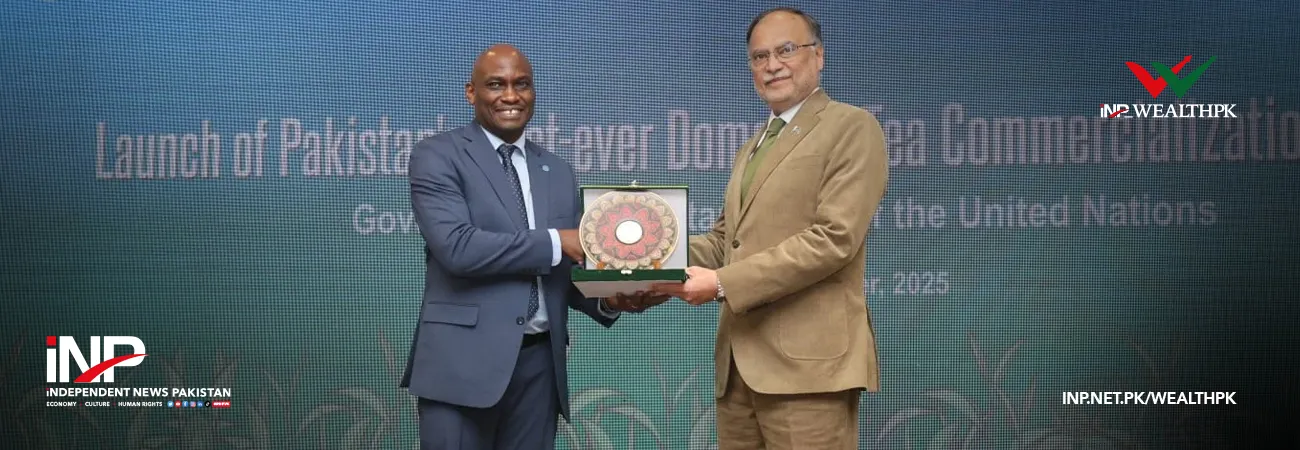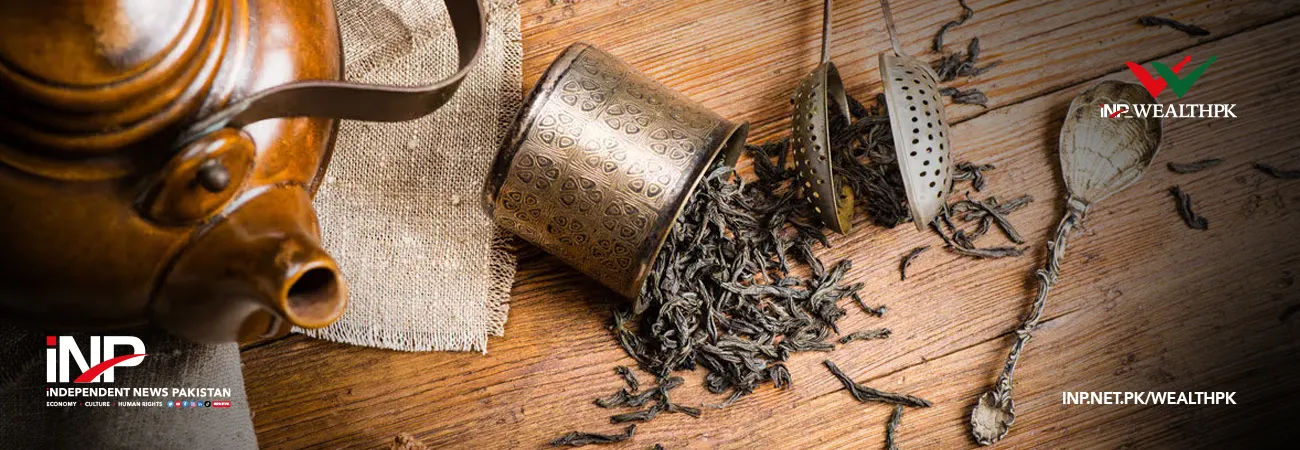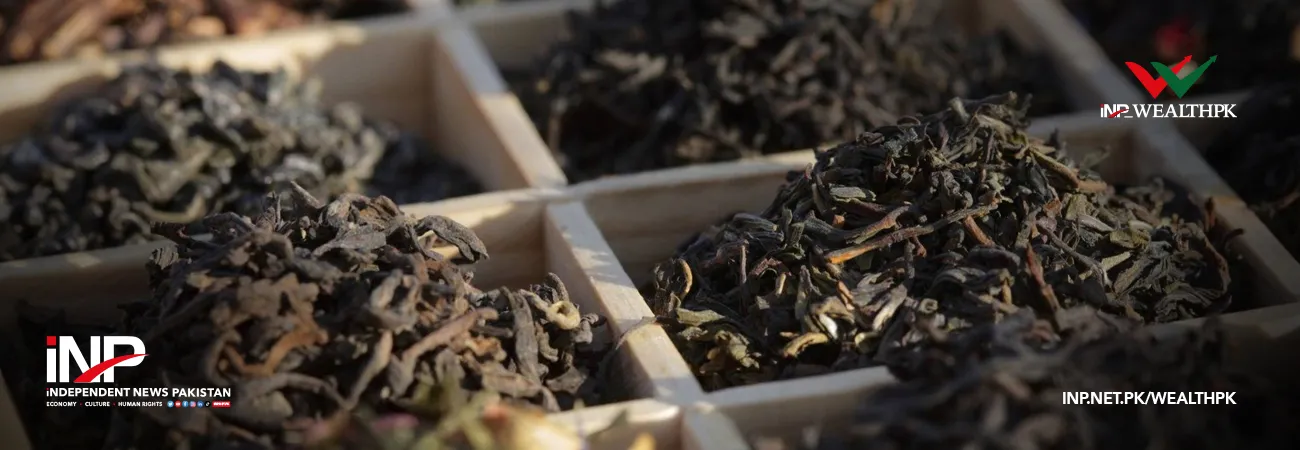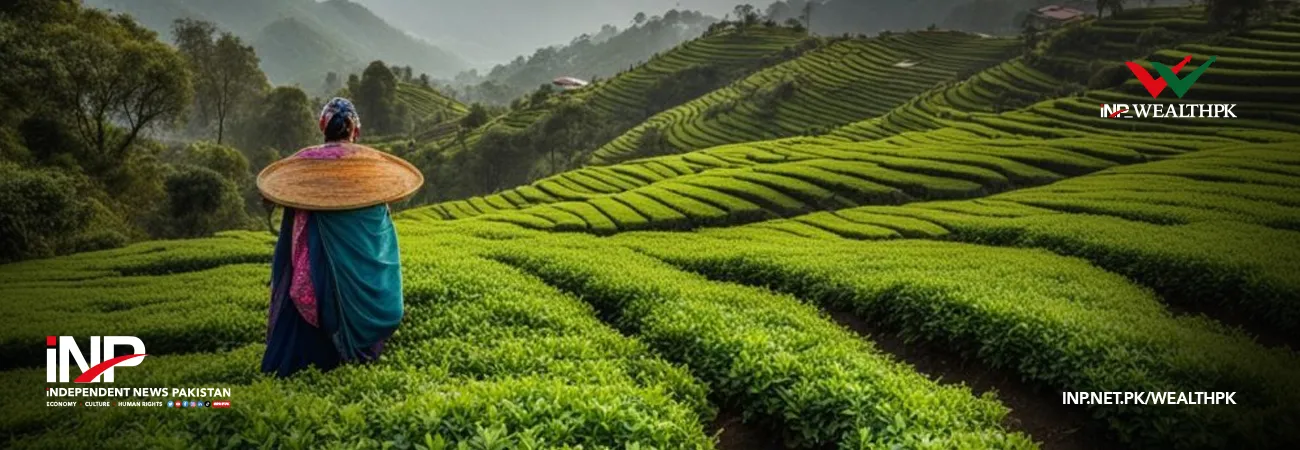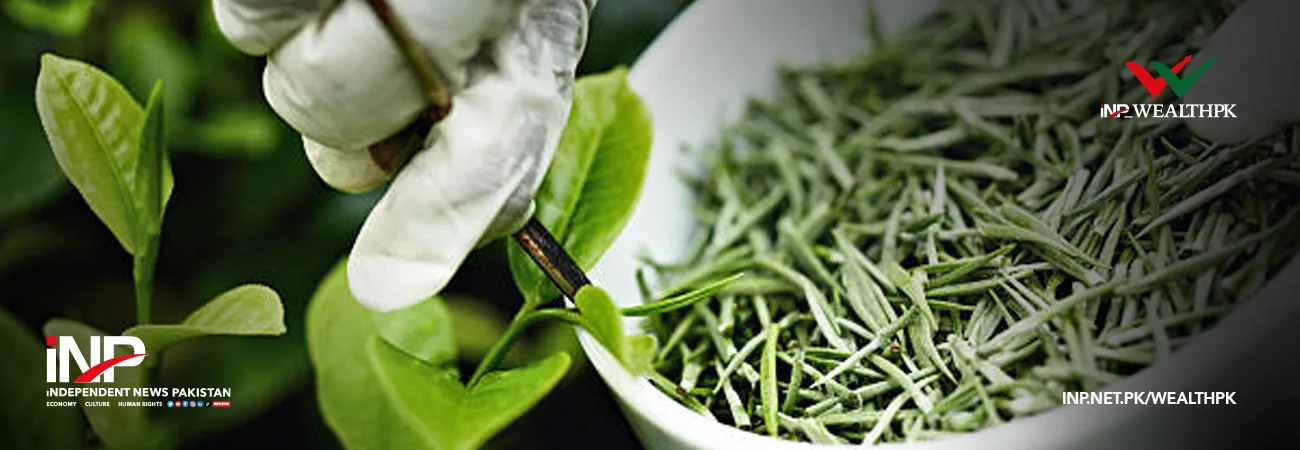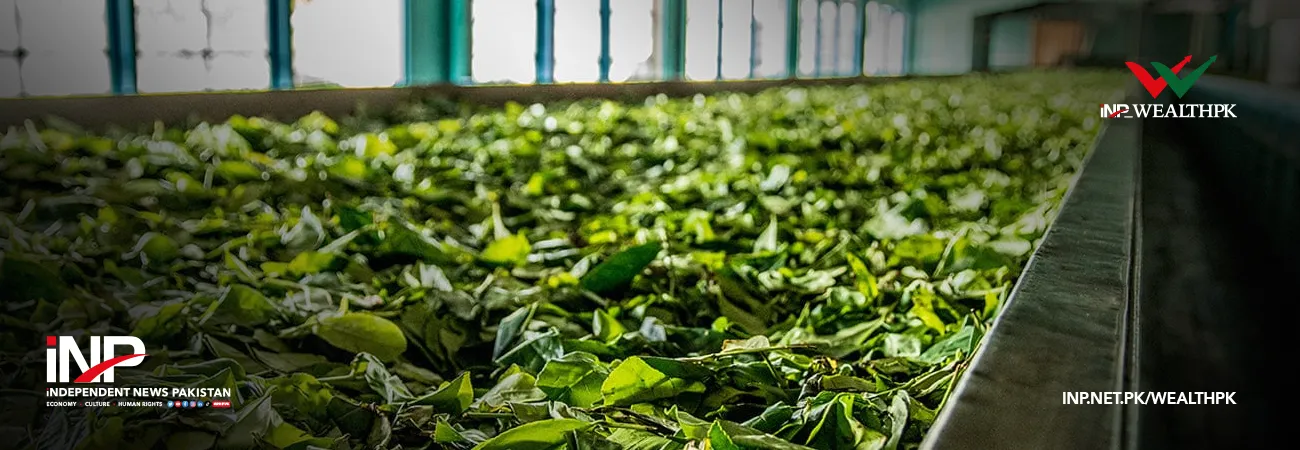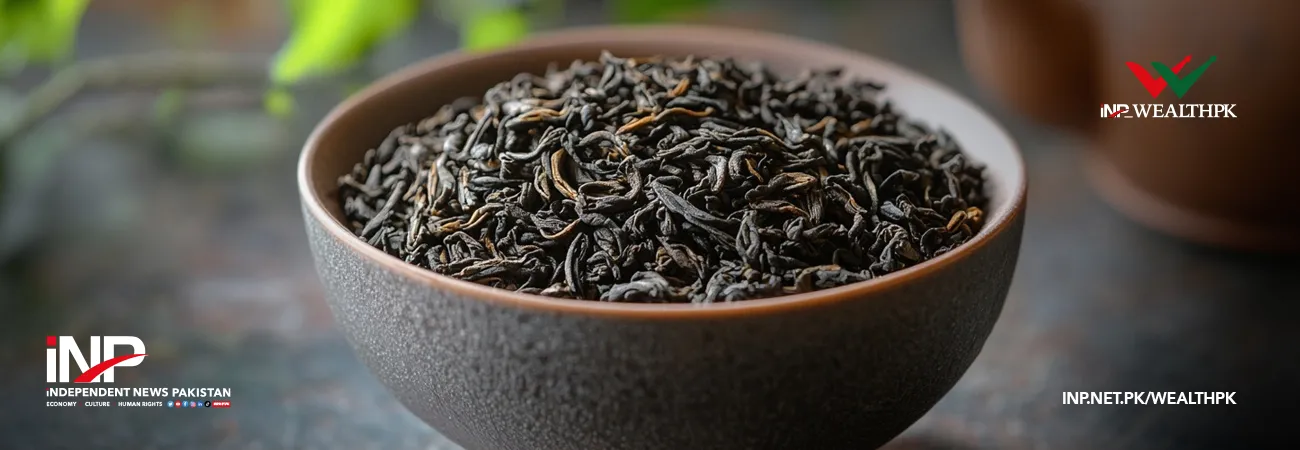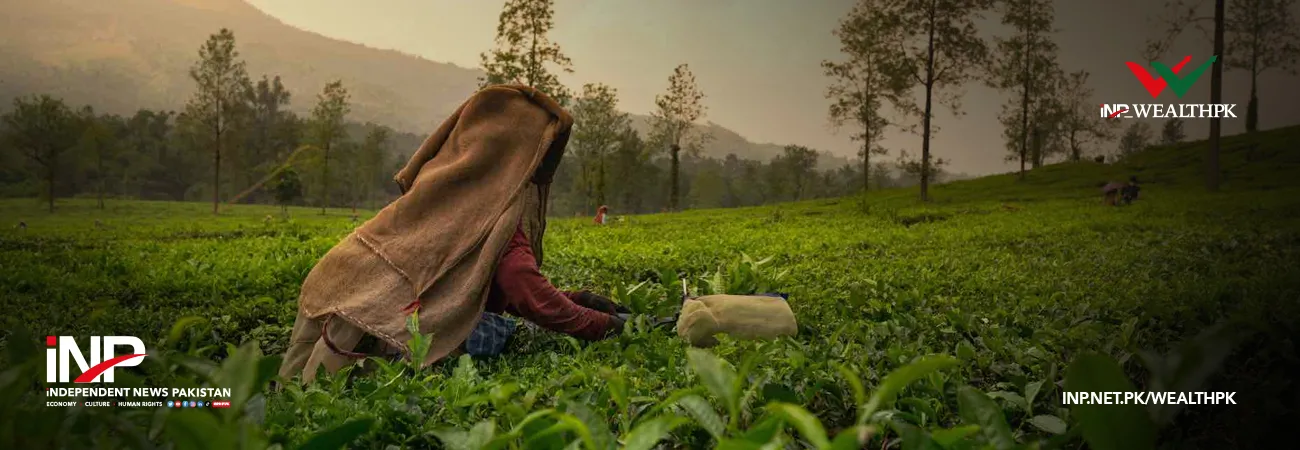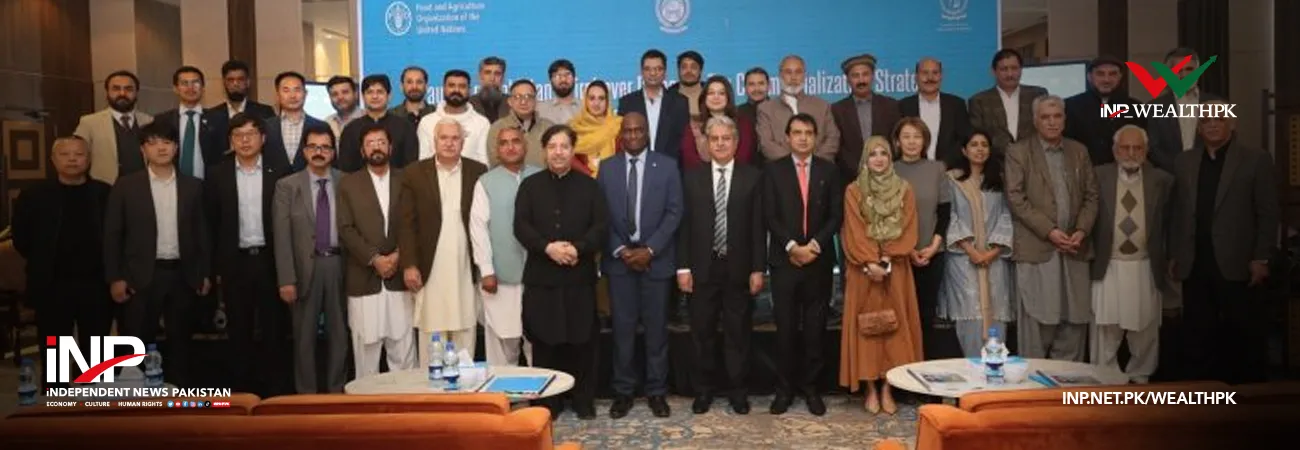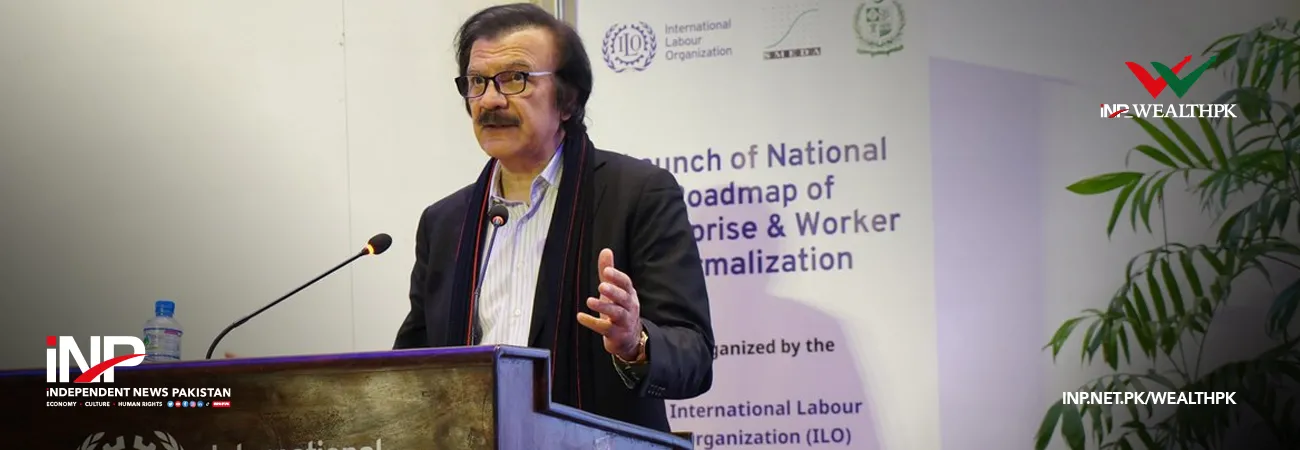INP-WealthPk
Arsalan Ali
Lower import tariff will enable exports to be more competitive, which will reduce inflation and the cost of doing business, says an expert.

Muhammad Zeeshan, Research Fellow at Pakistan Institute of Development Economics (PIDE) Islamabad, said while talking to WealthPK that increase in exports is the only durable solution that can help Pakistan come out of the current account crisis because stagnant exports exacerbate the trade deficit. Provisional data available from Trade Development Authority of Pakistan (TDAP) shows that trade deficit during the first six months (July-December) of the current financial year (2002-23) stood at $17.133 billion.
Zeeshan said that adding new export items to the existing export portfolio as well as making cheaper raw material available to the local industry will help turn the trade deficit into a trade surplus, which will increase economic growth. He said the lower import tariff will help in accessing new embedded technology. He said the right combination of imported and local inputs will enable high-quality export products to help explore new markets.

The researcher explained that high import tariff deters export competitive industry and protects local industry. As a result, different factors of production, such as skilled labour and capital stock, are reallocated from competitive export industry to local industry. Zeeshan said the manufacturing industry in Pakistan earns more foreign exchange compared to the services and agriculture sectors. He pointed out that within the manufacturing industry, the textile sector is the leading export industry.
Data available with WealthPK shows that during the first half of the current fiscal year, foreign exchange earned by the textile sector was recorded at $8.73 billion. In addition, foreign exchange in the national exchequer during the last fiscal year stood at $19.329 billion.
Zeeshan mentioned that the average tariff rate in Pakistan is around 12%, which adversely affects the textile sector, the backbone of the export industry. He said that during the last decade, trade policy was flexible and tariffs on all products in Pakistan decreased from 14.4% in 2011 to 11.7% in 2020, showing a decline of 18%. He added that this effort is consistent with the country’s National Tariff Policy that the gradual elimination of tariffs on imported raw materials and intermediate products would be ensured to provide small and medium enterprises with economic access to primary raw material.
The researcher said value addition in the textile industry has decreased over time, and there is a dire need to boost productivity. He said lower tariffs can increase access to a cheaper supply of new technology-augmented intermediate and capital goods that are significant for uplifting the textile industry.
Zeeshan said high protection rates create an export bias in shape of increasing domestic prices compared to world prices. He added that producers gain mainly because their profit margins increase, but at the expense of rising production costs and reduced export competitiveness in the international market due to higher prices.
The researcher said high tariffs adversely affect end users’ real income because they increase the prices of final products and, also add to inflation by increasing the price of domestic products resulting from high import tariffs. He said Pakistan imports a wide range of products, including electrical equipment, chemicals, mining, petroleum products, and basic metals mainly from the United States, Saudi Arabia, the United Arab Emirates and China.
He added that in terms of tariff, the manufacturing sector is more protected, while the services sector is the least protected. In the manufacturing industry, cooking oil, sugar, leather, and machinery sectors are mainly protected by high tariffs, he added.
According to the Pakistan Business Council, Pakistan has the highest import tariff compared to other regional countries. It said import duties and taxes need to be eliminated in order to increase export competitiveness. It said imported machinery may be exempted from customs and sales tax if the business specialises in exports and makes capital investments.
Credit : Independent News Pakistan-WealthPk



